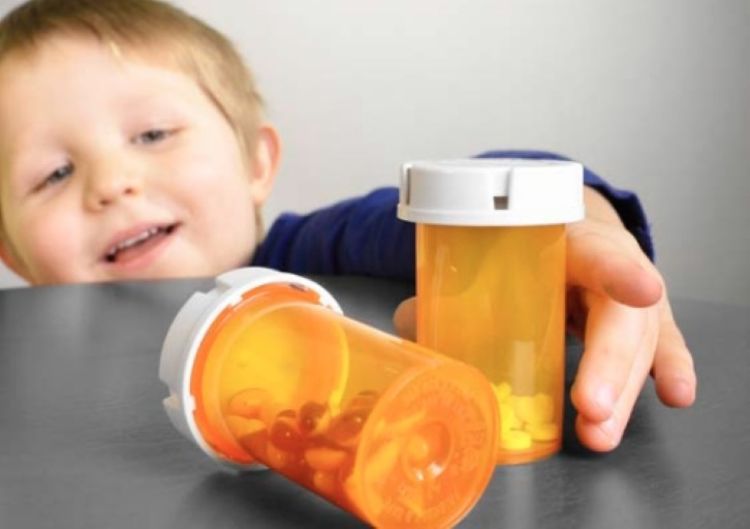FOR SAFEKEEPING
Pharmacy Professor Receives $3 Million
Grant to Curb Opioid Abuse

Rising opioid use during the pandemic has heightened the need for safe drug disposal. According to the American Medical Association, more than 40 states have reported increases in opioid-related mortality. To combat the growing crisis, Doug Thornton, director of the University of Houston Prescription Drug Misuse Education and Research Center (PREMIER), has received a $3.34 million supplement on his grant to expand education and training on medication single-use disposal systems. The funds are from the Texas Targeted Opioid Response program.

“A significant part of prescription drug misuse starts close to home, and with more families living intergenerationally due to COVID-19, it’s more important than ever to dispose of unused and unwanted prescription controlled-substance medications,” said Thornton, who is also an assistant professor of pharmaceutical health outcomes and policy.
The program offers two types of one-time use disposal systems to safely discard unused prescription drugs. Users can place their medications in a tamper-evident, prepaid envelope and mail it back to a central location for secure disposal through incineration. Or users can place their unused prescriptions in a disposal pouch system, which neutralizes the active ingredients in the medication, and then throw the pouch away. Both options also help protect the environment as medications that are flushed down the toilet may release toxins into our soil and water.
In the first phase of the project and until the pandemic hit, PREMIER helped community partners provide the single-use disposal systems at hundreds of events throughout Texas. As of March, the Center has partnered with nearly 400 organizations across the state, including community prevention groups, fire departments and emergency medical services, among others.
In Harris County, they have provided disposal systems and educational materials to more than 140 community pharmacies. “Preventing misuse must start as early as possible,” said Thornton, “and our community pharmacy partners are a big part of that process.”